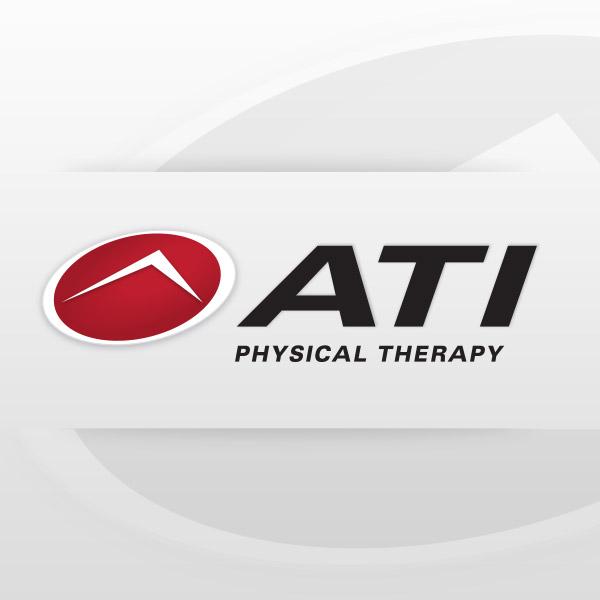
Introducing the ATI Patient Outcomes Registry
Registry will inform and direct evidence-based approaches and physical therapy treatment guidelines
The first of its kind and a unique milestone in the physical therapy industry, ATI Physical Therapy’s Patient Outcomes Registry was launched on November 20, 2014. It features a unique method for the collection of observational, epidemiologic, financial and clinical data that supports innovative approaches to physical therapy. The end result will be more rapid gains in knowledge and improved awareness of patient outcomes. More than ever before, the Registry provides a clear understanding of the rehabilitative process and how it can impact patients’ quality of life.
Fully HIPAA-compliant, the Registry has been registered with ClinicalTrials.gov, listed in the Registry of Patient Registries, and has been vetted by the U.S. National Institutes of Health and the U.S. Department of Health and Human Services’ Agency for Healthcare Research and Quality.
Through the sharing of data and intelligence, and collaboration with other scientists, research institutions and physicians, the Registry advances ATI’s patient-centered approach. Dave Nelson, Chief Strategy Officer at ATI said, “We’re proud to be the innovator of this unique offering to make healthcare safer, of a higher quality, and more accessible, equitable and affordable. We will work with our partners to share our insights and ensure that the knowledge gained through the Registry is understood and used to enhance patient care in physical therapy.”
Registry data are collected through ATI’s proprietary electronic medical record system. According to Dr. Chris Stout, Director of Research and Data Analytics at ATI and founder of the Registry, “The Registry features a large and growing dataset that is available for a wide variety of custom analyses. Data can be analyzed by physician, payer or referral source—or any combination thereof. Data are gathered in real-time and are provided to treating therapists, as well as archived for the Registry and scientific use.” Registry reporting can be risk-adjusted to any variable collected, which yields robust insights to the medical community on idiopathic patient conditions.
